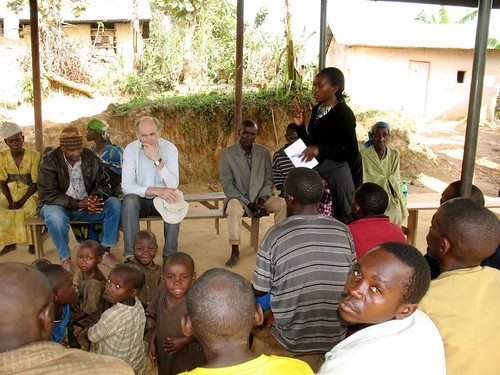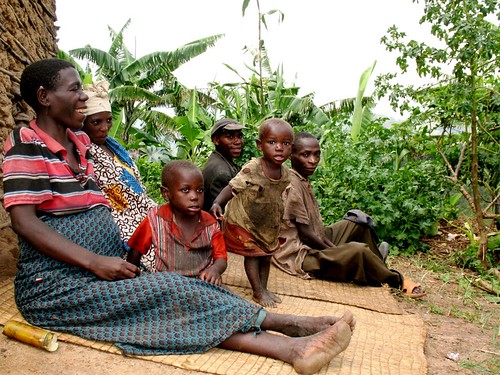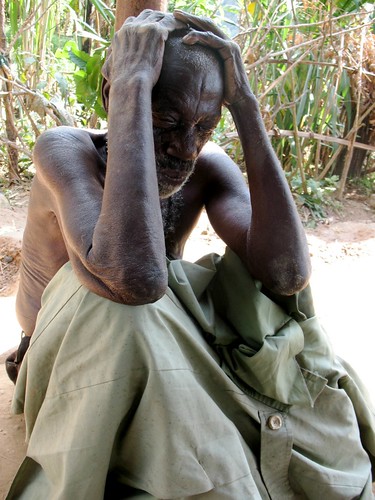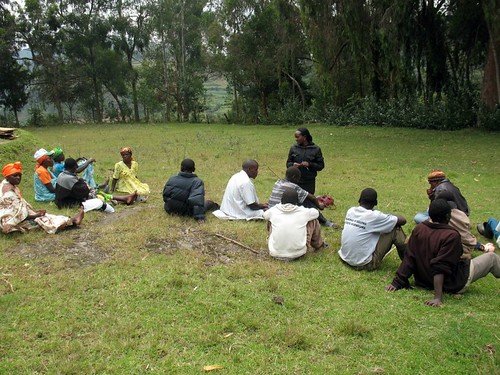Ask those you’re wanting to advocate for if you may do so.
Make sure the voice the public hears is the voice of those you are advocating for. Ask your constituents what message it is they want the public to hear. If they don’t know in the beginning, you can help them figure it out. But, as your relationship evolves, they should be the ones delivering the message (even if you continue to serve as a mouthpiece).
Advocate for things your constituents have told you they want and need.
Actively involve your constituents in your advocacy efforts so that you are working with your constituents, not just for them.
Constituents have the final word on decisions and choices, not you. This does not mean you can’t help them make informed decisions but, in the end, they should be allowed to have the final say. Assuming you have helped inform them of all the options available to them, and made them aware of pros and cons, if they choose what you think is the worst possible option, so be it. (This is probably especially difficult for Westerners to do.) That said, often your constituents understand or are immersed in things outsiders are not grasping, so what may look bad to you may actually be the best choice given factors you cannot see or understand.
Throughout all your efforts, a perennial goal is empowering constituents to become capable of advocating for themselves. Before this point, you are a capacity-builder/catalyst/person-who-can-open-doors they initially cannot, etc.
I know this all sounds very simplistic and idealistic, but UOBDU has demonstrated to me that these parameters are possible. I’m sure all of UOBDU’s advocacy work isn’t perfect, and that undue influence occurs, etc. But, from what I’ve observed so far, the guidelines above are guidelines they follow.
A couple of things the Batwa have done, regarding getting consensus, and speaking in a collective voice, is create committees and elect representatives they’ve entrusted to represent the larger community. Different representatives from the various member communities come together regularly to discuss events and next steps. In-between, UOBDU goes out and visits each member community once a month. During these visits, they discuss a variety of subjects including health issues, whether or not parents have been able to regularly send their children to school, land rights, and upcoming projects and events for the collective.
It’s all been very enlightening for me.
Posted By Dina Buck
Posted Aug 5th, 2011





